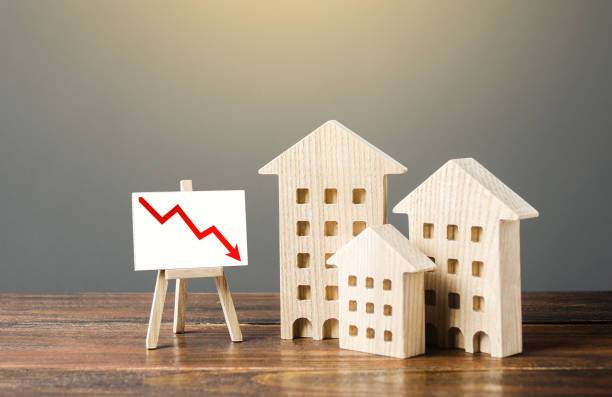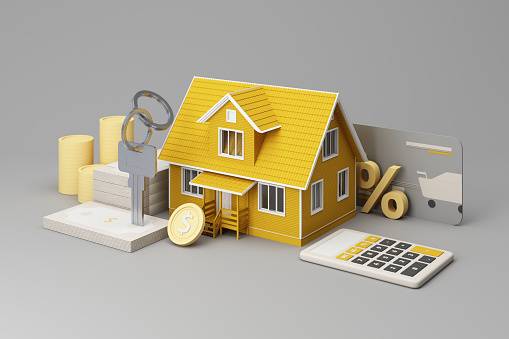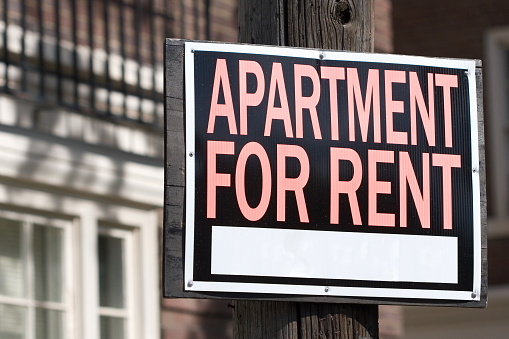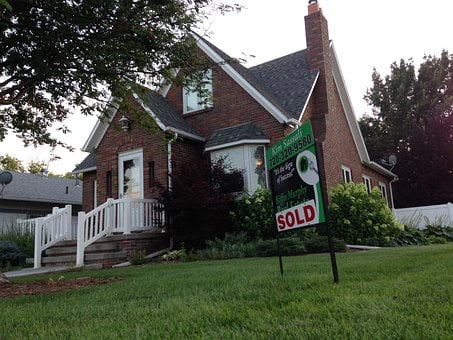Quick tips for first-time homebuyers
Quick tips for first-time homebuyers How will someone know when it’s “the proper moment” to buy a house? maybe a question you have if you’ve been considering it. Is it still ok to think about buying if you don’t have a 20% down payment saved up? Like any major undertaking, the secret to a smooth home purchase is to pay attention to every last detail. You can navigate the procedure, save money, and complete the transaction with the aid of these first-time house purchase recommendations. Determine the cost of your home Before you start looking, determine how much you can afford to spend on a house. The house affordability calculator can assist you in determining a price range based on your income, debt, down payment, credit score, and the location of your intended residence. Examine and improve your credit If you are eligible for a mortgage, your credit score will help lenders decide what interest rate to give you. Generally speaking, a better score will result in a lower interest rate, so follow these recommendations to improve your credit score in order to purchase a home. Get free copies of your credit reports from Experian, Equifax, and TransUnion, the three credit bureaus, and challenge any errors that could lower your score. Maintain the lowest possible credit card balances while paying all of your bills on time. Keep your active credit cards active. Closing a card will increase the amount of credit you are already using, which could harm your credit score. Monitor your credit rating. Research for first-time home buyers programmes First-time home buyer programmes are available in many states, some cities, and counties, and frequently include low-interest mortgages, down payment help, and closing cost aid. Additionally, tax benefits are offered by several first-time home buyer programmes. Costs and rates of mortgages To compare costs, including interest rates and potential origination fees, the Consumer Financial Protection Bureau advises receiving loan estimates for the same type of mortgage from many lenders. Discount points, which the borrower pays up in advance to reduce the interest rate, may be available from lenders. If you have the cash on hand and intend to live in the house for a long time, buying points may make sense. To make your choice, use a discount point calculator. Get a letter of pre-approval An offer from a lender to lend you money up front and on particular terms is known as a mortgage preapproval. A pre-approval letter can provide you with an advantage over other home shoppers who haven’t taken this step yet by demonstrating to home sellers and real estate agents that you’re a serious buyer. When you’re ready to begin looking for a home, submit an application for preapproval. To confirm your income, assets, and debt, a lender will check your credit and look over your paperwork. If you apply for a preapproval from multiple lenders to compare rates, as long as you do it within a set time period, such as 30 days, it shouldn’t adversely affect your credit score.
Quick tips for first-time homebuyers Read More »













